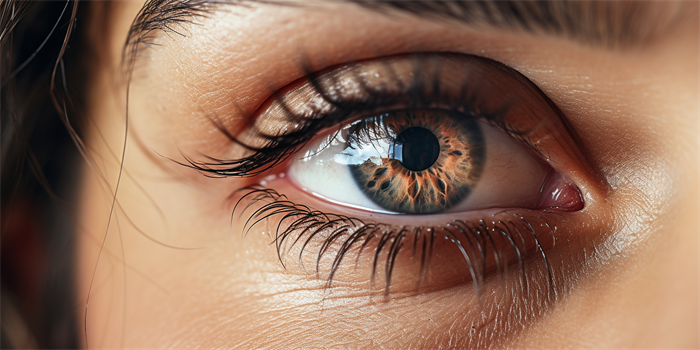How Often Should You Get Microblading in Papua New Guinea
Microblading, a popular semi-permanent makeup technique, has gained significant traction in Papua New Guinea for its ability to enhance eyebrows naturally. This procedure involves using a handheld tool to deposit pigment into the skin, creating the appearance of individual hair strokes. However, the longevity of microblading can vary, and understanding how often to get it redone is crucial for maintaining optimal results. This article explores various factors that influence the frequency of microblading sessions in Papua New Guinea.

1. Skin Type and Texture
One of the primary factors affecting the duration of microblading is an individual's skin type and texture. Those with oily skin may find that the pigment fades faster due to the skin's natural oils breaking down the ink. Conversely, individuals with dry or normal skin may enjoy longer-lasting results. In Papua New Guinea, where skin types can vary widely due to genetic diversity, it's essential to consult with a professional to determine how your skin type might affect the longevity of your microblading.
2. Aftercare Practices
Proper aftercare is vital for the longevity of microblading. In Papua New Guinea, where climate and lifestyle can impact skin healing, adhering to aftercare instructions is crucial. Avoiding direct sunlight, not picking at scabs, and keeping the area moisturized can help the pigment last longer. Clients should also be mindful of their diet and hydration levels, as these can influence skin health and the retention of the microblading pigment.
3. Quality of the Procedure
The skill and experience of the technician performing the microblading can significantly impact how long the results last. In Papua New Guinea, choosing a reputable and experienced practitioner is essential. A well-executed microblading procedure will not only look more natural but also last longer. Ensure that the practitioner uses high-quality pigments and follows hygienic practices to minimize the risk of infection and ensure better pigment retention.
4. Lifestyle Factors
Lifestyle plays a crucial role in how often you might need to get microblading redone. Activities such as swimming, sweating, and even certain skincare routines can accelerate the fading of the pigment. In Papua New Guinea, where outdoor activities are common, clients should be aware of how their lifestyle might affect the longevity of their microblading. Discussing these factors with your technician can help tailor the procedure and aftercare to your specific needs.
5. Pigment Color and Depth
The choice of pigment color and the depth at which it is implanted can also influence the duration of microblading. Some colors may fade more quickly than others, and the depth of the pigment can affect how long it remains visible. In Papua New Guinea, where skin tones vary, it's important to select a pigment that complements your natural skin color and is applied at the appropriate depth for optimal results.
6. Individual Metabolism
Lastly, individual metabolism can impact the longevity of microblading. How quickly your body metabolizes the pigment can determine how often you need to get the procedure redone. Factors such as age, hormonal changes, and overall health can influence this. In Papua New Guinea, understanding your body's unique characteristics can help in planning for future microblading sessions.
Frequently Asked Questions (FAQ)
Q: How long does microblading typically last?
A: Microblading can last anywhere from 1 to 3 years, depending on various factors such as skin type, aftercare, and lifestyle.
Q: Can I swim after getting microblading?
A: It is generally recommended to avoid swimming for at least 10 days after the procedure to prevent infection and ensure proper healing.
Q: How much does microblading cost in Papua New Guinea?
A: The cost can vary depending on the practitioner and the quality of the service, but it typically ranges from PGK 1,500 to PGK 3,000.
Q: Is microblading painful?
A: Most clients report feeling minimal discomfort during the procedure, as a numbing cream is usually applied to the area beforehand.
Q: Can I wear makeup after microblading?
A: It is recommended to avoid applying makeup to the treated area for at least a week to allow for proper healing and to prevent infection.
Understanding these aspects and consulting with a professional can help you determine the optimal frequency for microblading sessions in Papua New Guinea, ensuring that your eyebrows remain beautifully enhanced.




